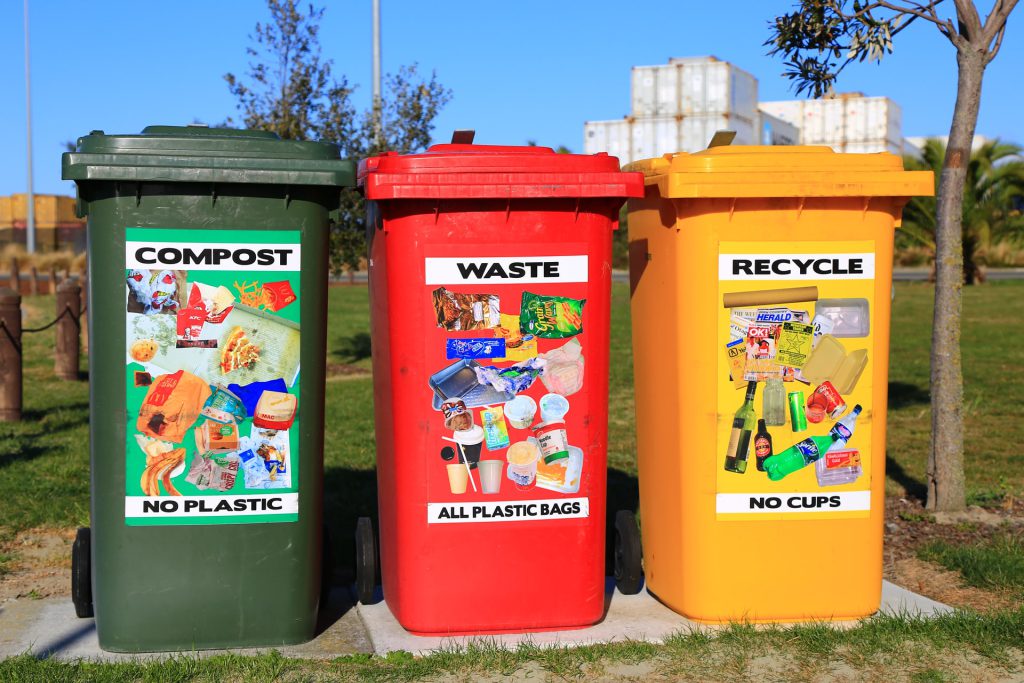
Waste Deposit System
Introduction
To ensure a zero-waste society, creating a circular economy is the key which creates and retains value by reducing, reusing, and recycling the products. As plastic and glass formulate the major chunk of waste trash, repeated reuse of packing bottles and ultimate recycling serves as the pre-requisite of the zero-waste condition that no waste is leaked into the environment. To achieve the goal, Waste Deposit System has proven to be a pre-requisite for efficient and sustainable living standards.
How Waste Deposit System Works?
Essentially, Waste Deposit System is empowered by technology. Customers make an additional deposit payment on the purchase of any beverages or associated products. After use, the plastic or glass packaging can be disposed-off into the custom-made kiosks. The kiosks in return provides the cash amount equivalent to the initial deposit made by the customer or a slip that can be claimed on the series of retail chains. This system involves not only the customers as stakeholders but also the manufacturers, retailers, and Kiosk providers. Waste Deposit System establishes an eco-system geared towards circular consumption where minimum impact is transferred to the environment.
Impacts of Waste Deposit Scheme
Waste Deposit System cast multi-faceted impacts on the lives of living beings in the environment. On one hand, it reduces the overall production of plastic and glass bottles, as the emphasis is made on the reuse and recycles component of the 3R strategy i.e., reduce, reuse, and recycle. On the other hand, a lot less plastic and trash goes into the water bodies and oceans, thus helping the existing ecosystem recover from the negative consequences of the already polluted atmosphere. More so, Waste Deposit System minimizes the human effort in collection and segregation of recycleable products, the deposit of such items into the specially made kiosks is incentivized by cash. The crux of the subject system is convenience; with the increasing number of kiosks, consumers can push in the empty bottles and cans on the go and receive their share of economic incentives. This system is also increasing the awareness amongst the masses about climate change and that change in consumption habits would serve as the crucial condition for achieving the goal of a sustainable future. You can get more information by clicking the this link( Deposit Return Scheme ) or Deposit-refund system.
Reverse Vending Machine – Aco Recycling
AcoRecycling, a Turkey-based enterprise specializing in manufacturing high-tech and game-changing environmental solutions, offers a G-1 Smart Reverse Vending Machine. As the name suggests, this machine is one of its kind solutions to collect empty beverages packaging, entirely based on technology and a reward system. On the consumer side, multiple payout options are available in the kiosk. Technically, Reverse Vending Machine is equipped with special recognition models entailing cameras and CCD sensors that can measure the weight and subsequently recognize the object. It also has the functionality of the bar-code reader which can scan the bar-code on the packaging and perform the relevant operations thereafter. It offers a lot of variety as plastic bottles, glass bottles and aluminum cans can easily be catered by the reverse vending machine. Its scope of application ranges from city centers to public parks, public transportation, universities & schools, and supermarkets and commercial spaces.
Conclusion
With the ever-evolving technological advancements, human-to-machine interaction serves as the building block of many value-added architectures; Waste Deposit System capitalizes on the seamless human-to-machine interaction to create a sustainable eco-system for the coming generations. It not only incentivizes the consumers to dispose of the used packaging into the specifically designed kiosks via cashback but also helps the FMCG enterprises to reduce their costs, and sequentially their environmental footprint. Although the subject system is currently being used for plastic and glass only, the scale of application can be enhanced to the other sectors like transport and shipment packaging, etc., thus taking a significant leap into the realm of the zero-waste circular economy.

